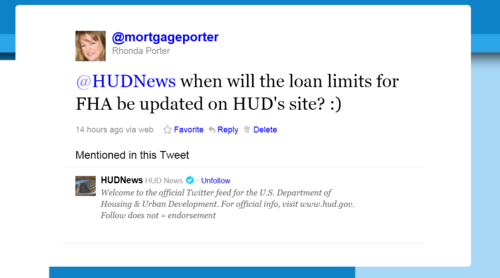Not really! Yesterday we started our Christmas shopping in Seattle and were delighted to bump into hundreds of Santas for Santacon 2011. Aparently all over the world, there were thousands of Santas coming out to be jolly before the big day.
More photos of Seattle Santacon 2011
By the way, Christmas shopping in Seattle is one of my favorite things to do in the holidays. I highly recommend getting out to Pikes Place Market – especially on a sunny day.












Recent Comments